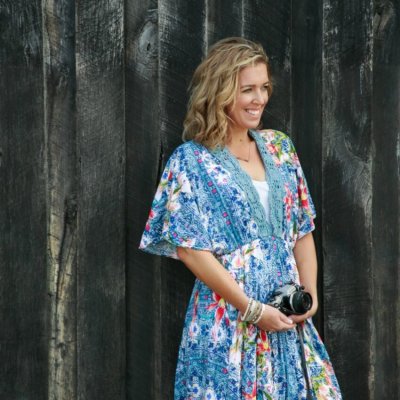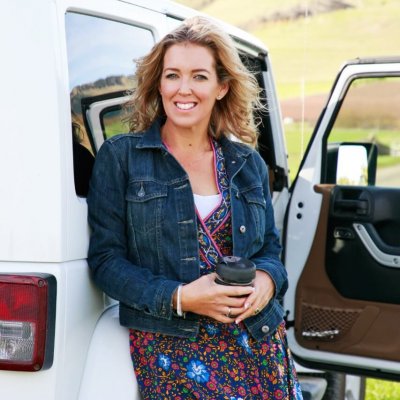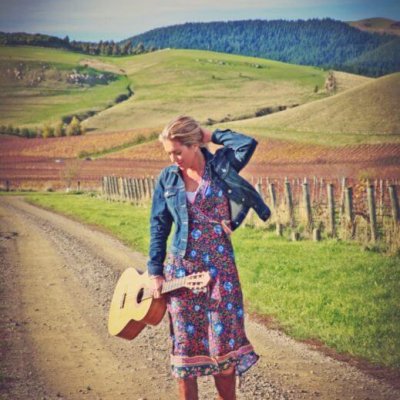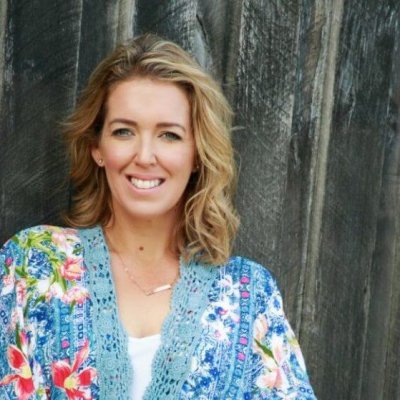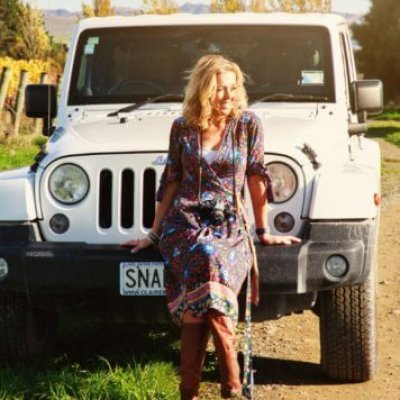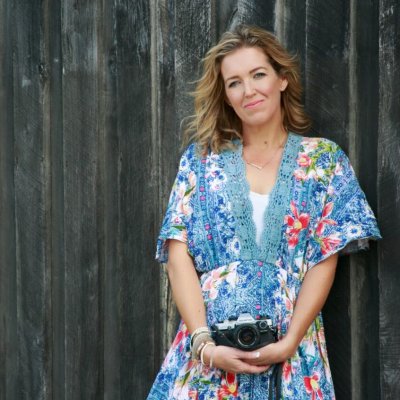Curious, observant and spirited, Claire Inkson is an award-winning photographer, freelance writer and a mother of two in North Canterbury. A fierce advocate for starting conversations about mental health under the guise of popular social events, she is the Chair of Proud to be a Farmer – a campaign aimed at raising the positive profile of agriculture as well as the morale of farmers. Her Hurunui community of North Canterbury recently struggled through a seemingly relentless three year drought, dubbed one of the worst in living memory – crippling local families and the wider community. Not one to stand by and watch, Claire organised a Rural Recharge Event for farmers to connect and talk organically, encouraging healthy conversation without being unduly influenced by the unhelpful stereotype that often accompanies the topic of mental health.
When asked about what concerned Claire about the health and safety of those in rural industries and communities, Claire highlighted that “We’re getting better at discussing mental health, but we need to keep the conversation going”. With a vision to inspire generational change, she believes teaching children ways to cope with anxiety and stress will encourage them to look at mental health issues in an open and transparent way. To Claire, the power of connection is typified by honest communication and having deep, real conversations about the stuff that matters.
How would you describe yourself in three words?
Curious, observant and spirited.
Tell me something interesting about yourself...
I am the daughter of a wandering chiropractor turned farmer. I spent my childhood travelling the world. By the time I was 12, I’d moved 11 times across four different countries and had been to 7 different schools. All of this made me adaptable, resilient and broad-minded. I’m now married to a farmer myself, with two children in North Canterbury, South Island NZ. I’m a freelance photographer and writer and I’m also the Chair of Proud to be a Farmer NZ – a campaign aimed at raising the morale of farmers. I’m passionate about small communities, and the power of connection and honest communication.
What's one achievement you are most proud of?
Winning Bronze and Silver in the New Zealand Institute of Professional Photography Awards for photos with a rural slant.
What makes you truly happy?
Being with my tribe of closest friends, seeing my children having a free range, rural childhood, eating good food and drinking local wine whilst having deep, real conversations about the stuff that matters. Also being somewhere near the ocean.
What do you love the most about being a rural woman?
The way our community takes care of each other and the fierce resilience and pride we have in collectively producing food for 40 million people, whilst continually striving to do so in the most ecologically sustainable way.
Tell me about a time when you felt worried about your own or someone else’s health, safety or wellbeing on the farm, boat or in some other aspect of rural life.
During the three year drought, I watched normally upbeat and optimistic farming friends suffer under what seemed to be relentless financial and emotional stress.
What practical things did or could you, your partner and / or others do to prevent someone from getting hurt?
In the mental wellbeing space, during drought we looked for ways to create opportunities for farmers to connect and talk organically without it being under the guise of mental health. They were kind of covert ways to encourage healthy conversation. One was our Rural Recharge Event we organised through Proud to be a Farmer, in which we put on a free night for 200 farmers with The Peterson Brothers and James Reid from The Feelers.
"We need to teach our children ways to cope with anxiety and stress, so that the next generation look at mental health issues in an open and transparent way. "
Claire Inkson, Amberley, Canterbury NZ Tweet this
Is there a time, place or scenario when your partner / workers are more willing to make changes to the way work is done?
During the quieter, post-lambing time.
If you could give any advice to another rural woman about work health and safety in rural industries, about influencing change in business - or just in general - what would it be?
We are getting a lot better about talking about mental health, but we need to keep that conversation going. We also need to teach our children ways to cope with anxiety and stress, so that the next generation look at mental health issues in an open and transparent way.
